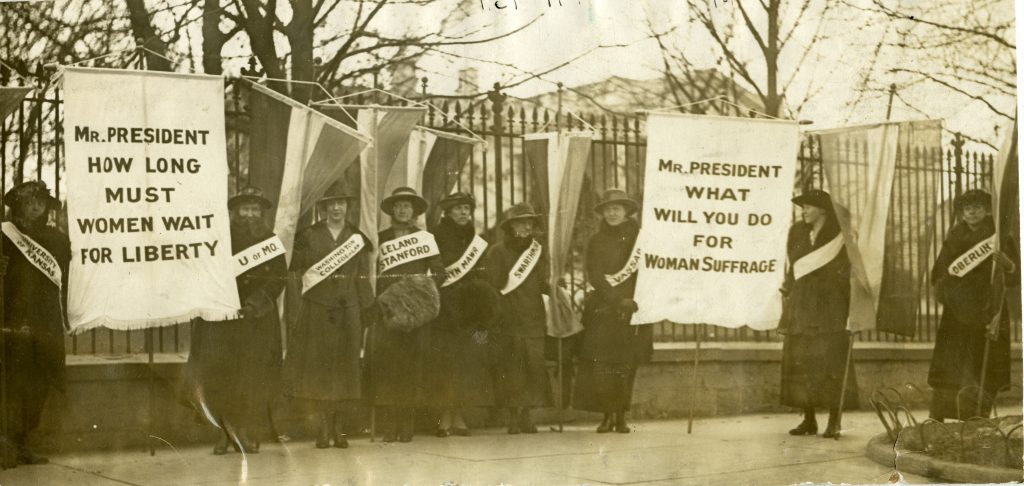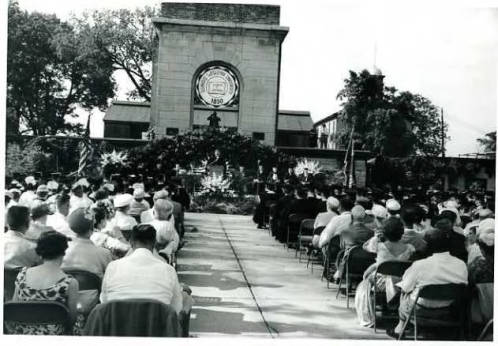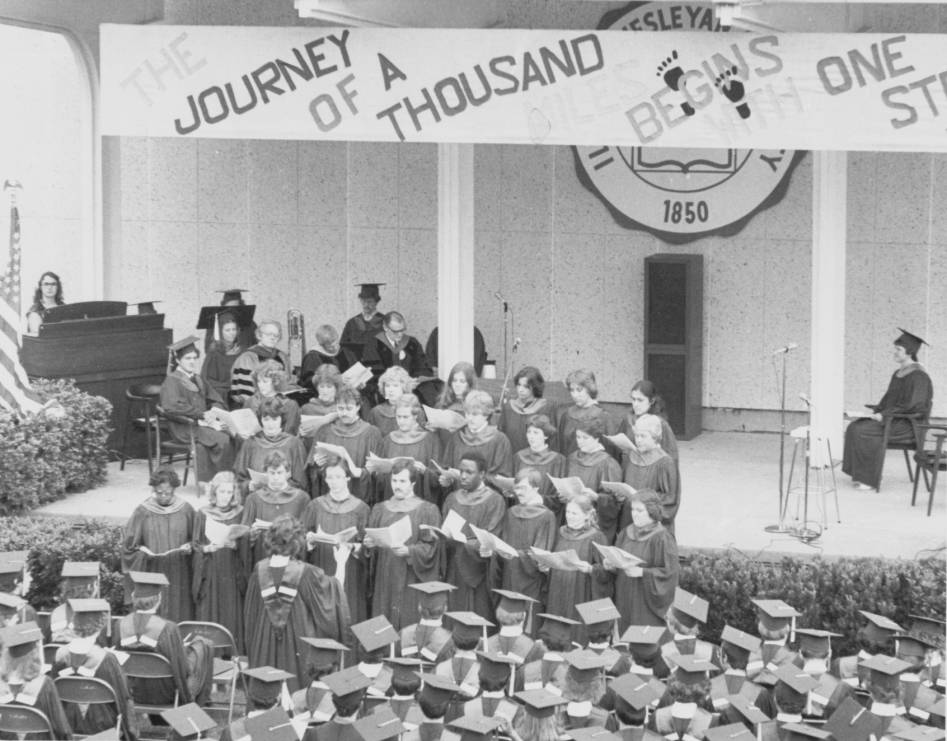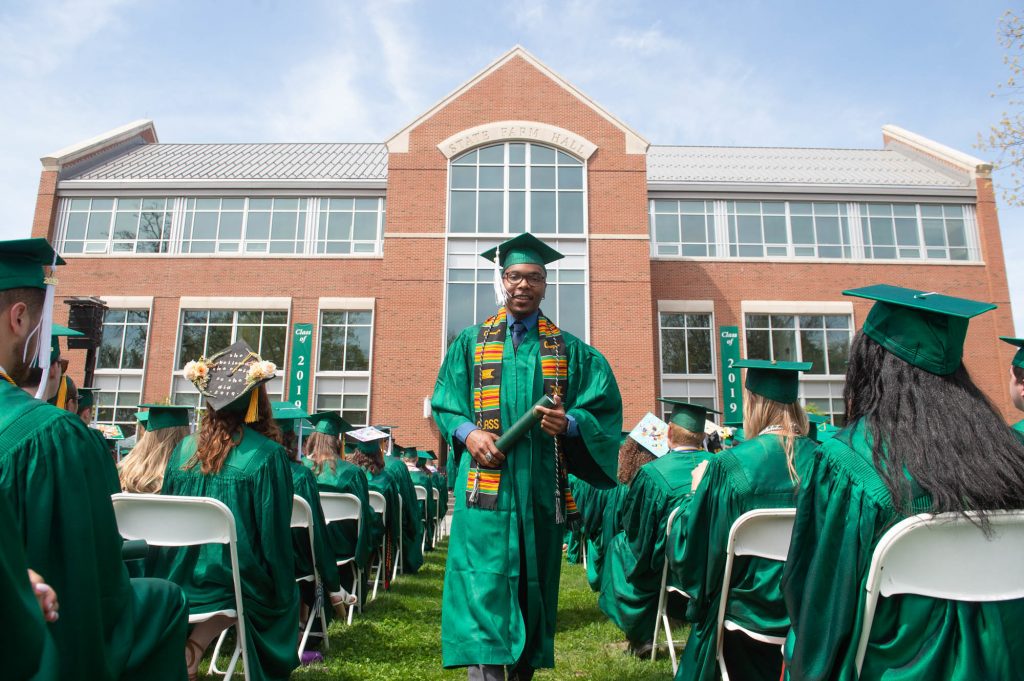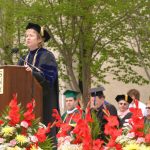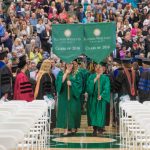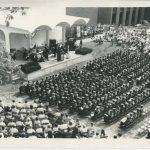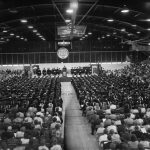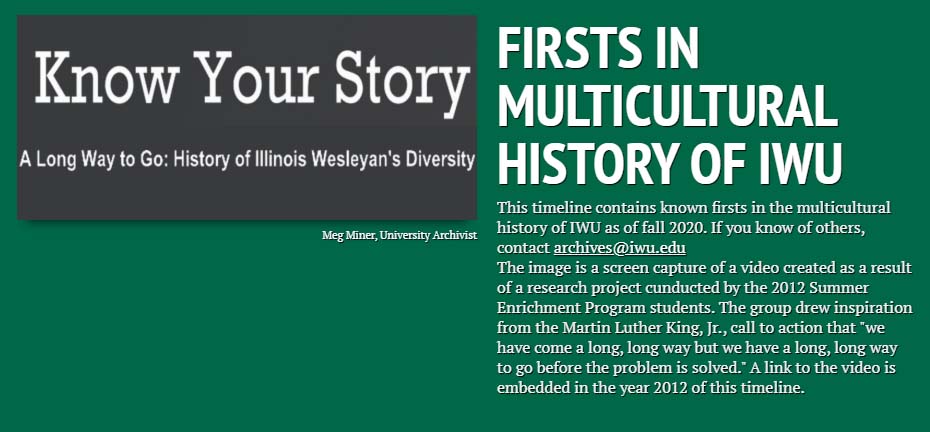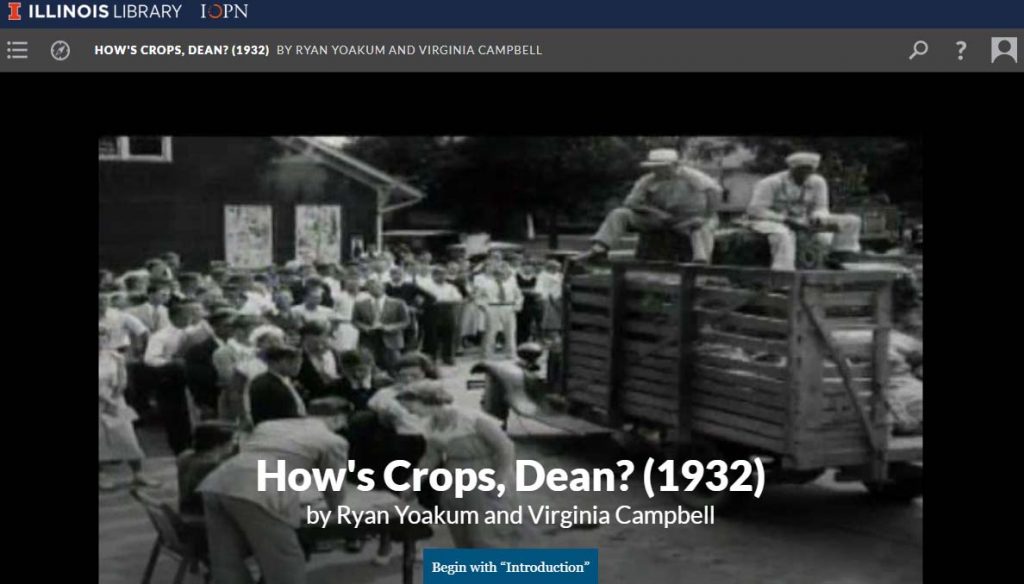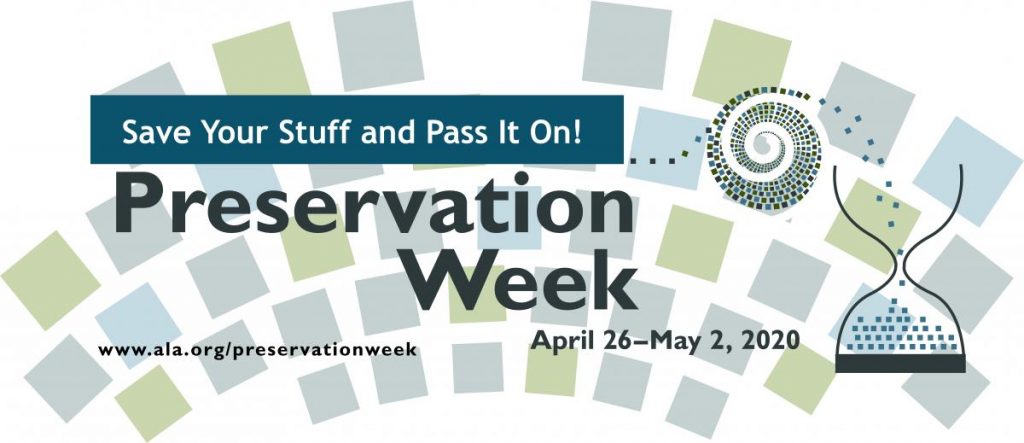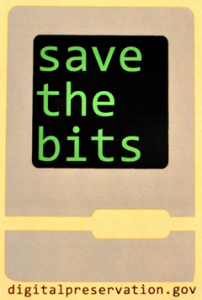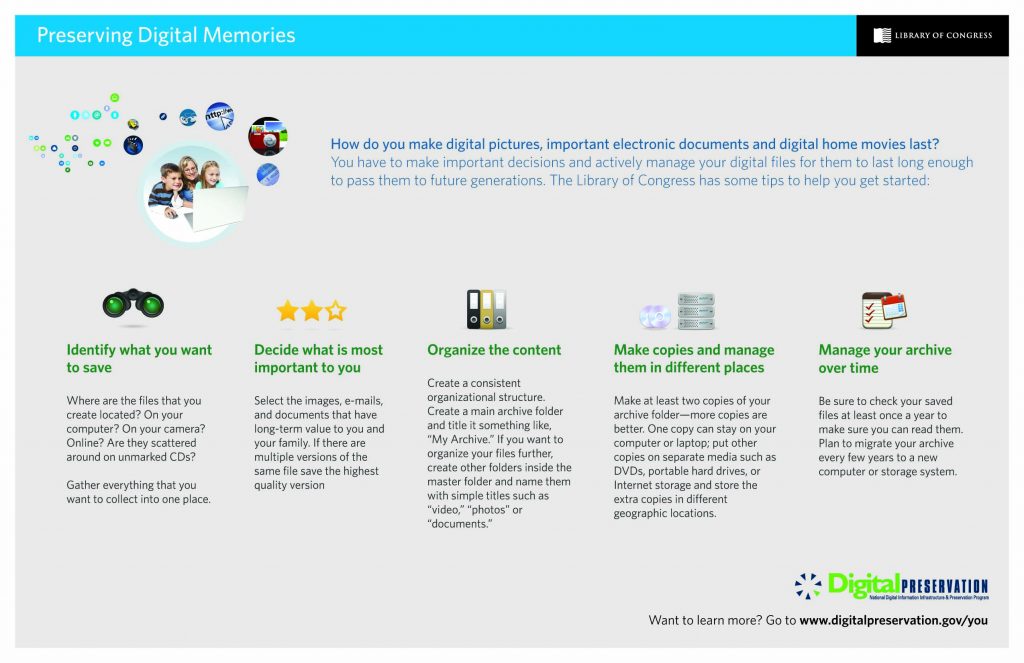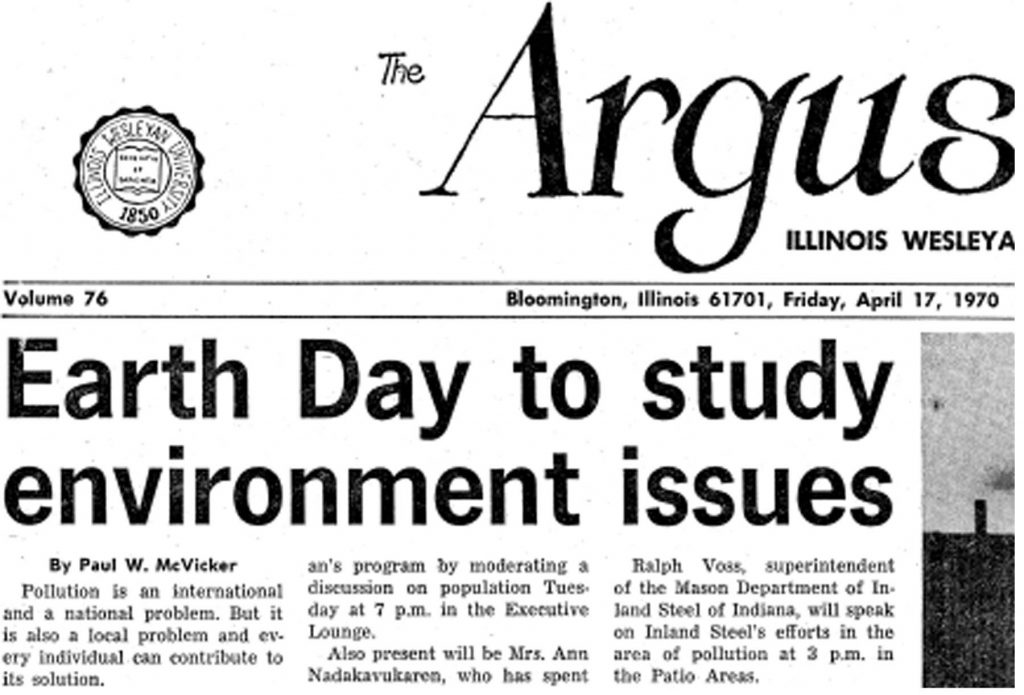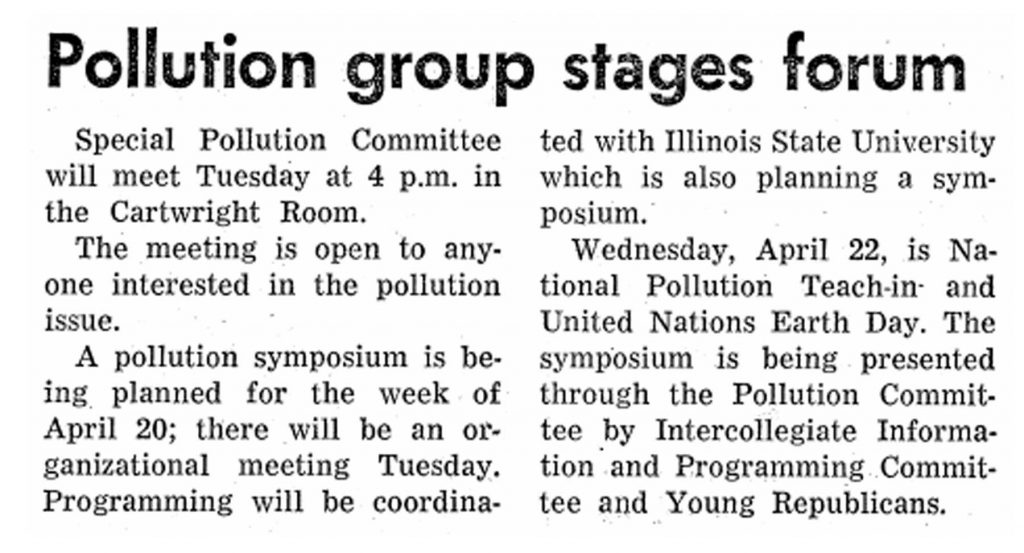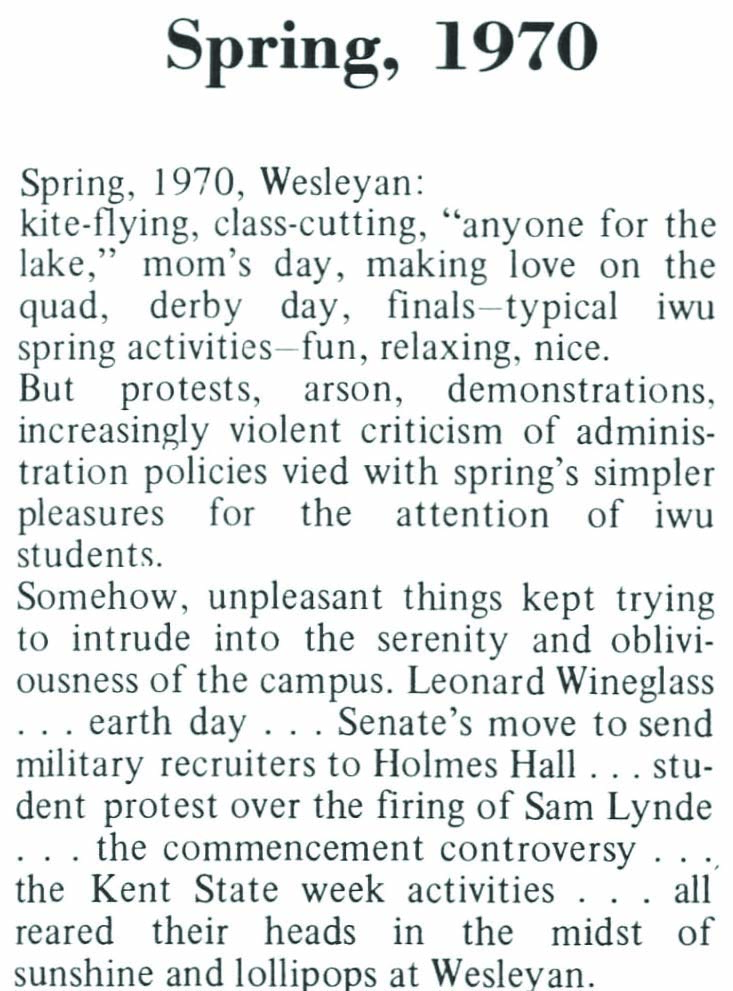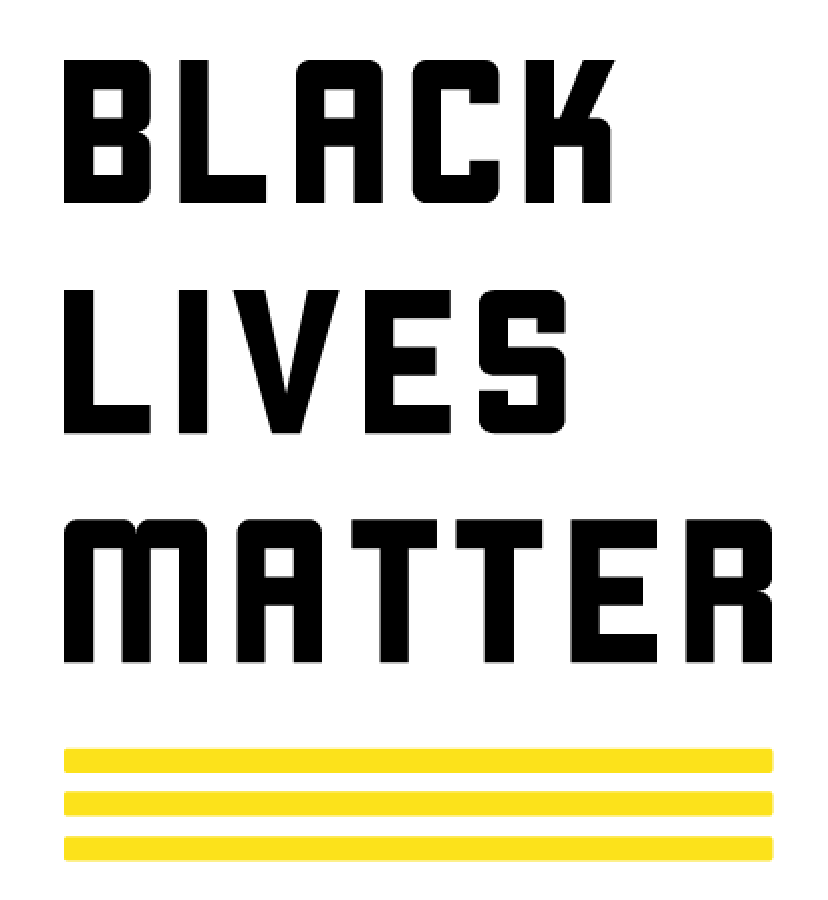 In March, I sent out an open call to the IWU community, inviting reflections on their lives in this pandemic era and in May I created a collection of the responses to that call. I set a deadline for those initial collections as the time when IWU’s campus started in-person classes again. That date was August 17th. This post announces the beginning of a second story-seeking initiative that expands on that call.
In March, I sent out an open call to the IWU community, inviting reflections on their lives in this pandemic era and in May I created a collection of the responses to that call. I set a deadline for those initial collections as the time when IWU’s campus started in-person classes again. That date was August 17th. This post announces the beginning of a second story-seeking initiative that expands on that call.
On May 25, 2020, George Floyd was killed by a Minneapolis police officer. At the time, this latest incidence of anti-Black racism brought a global response that continues. More anti-Black violence has taken place and just last night a police officer in Kenosha, WI shot Jacob Blake multiple times. He is in the hospital as of this writing on August 25, 2020.
Protests in response to Floyd’s killing have increased public attention on anti-Black violence and other forms of racism. Throughout the summer and into our early times of gathering as a campus this fall, the issues of racism and white supremacy are being called out and named in our community. The pandemic has also unevenly affected communities of color and people who had fewer personal resources to begin with.
Protests have also taken place virtually and physically at IWU regarding recent announcements of program closures and termination letters that are being sent to faculty. Issues of power and privilege are evident in the responses from alumni, administrators, faculty (current and retired), and in the local press.
IWU community members (alumni, students, staff, faculty and administrators) are invited to share their experiences of these events or other, similar periods in history they have been involved in.
CURRENT IWU students may complete this brief form and/or submit reflections by the methods below. (Note that the form allows you to request a copy of your responses.)
Everyone in our community is invited to share reflections on these events:
Have you observed or experienced racism or other forms of social injustice on our campus and/or in your home community? In what ways has the pandemic affected your life? How is distance learning affecting your perspectives on your classes? What are your views on IWU’s responses to the pandemic and/or incidents of racism? How are you reacting to the recently announced program/curricular changes? If you have you participated in any activities related to these events as a volunteer or activist, please describe them. Anything else you’d care to share?
Other ideas are welcome and physical items may be accepted at a later date, but here are a few ideas on how you can make contributions now:
- recollections–in text, audio or video (for video, please limit submissions to <5 minutes);
- photographic images of physical art you create; and/or
- copies of digital art or performances.
You may only submit material created entirely by you and not copied from or based, in whole or in part, upon any other photographic, literary, or other material, except to the extent that such material is in the public domain, or you have permission of the copyright owner, or its use is allowed by “Fair Use” as prescribed by the terms of United States copyright law.
Please include a signed/e-signed copy of this form with your submission to archives@iwu.edu. IWU’s archives is not obligated to include your content in this project or preserve it in perpetuity. Decisions to decline submissions will adhere to the guidelines of our collecting policy.
If you would like to refer or nominate material which you do not own, please contact Meg Miner at mminer@iwu.edu.
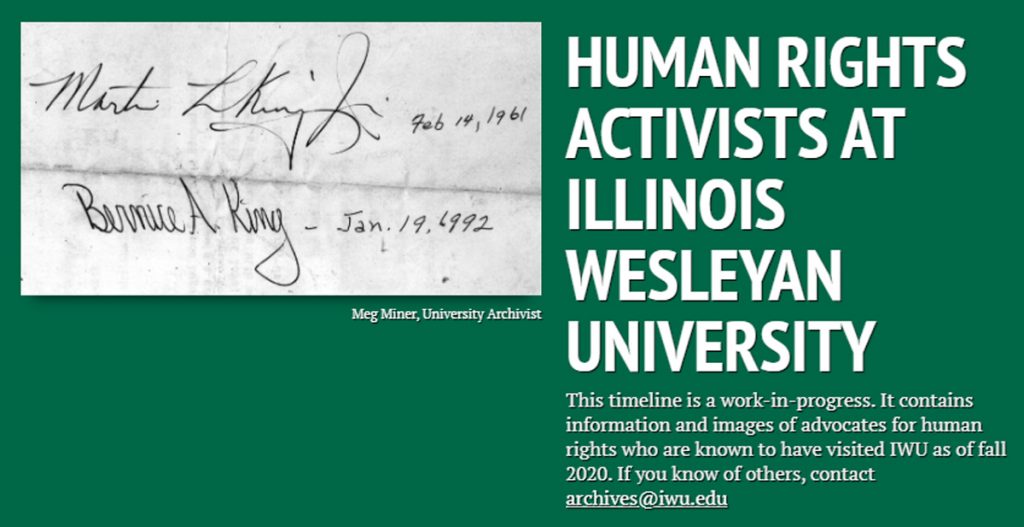 For quite some time I have marveled at all the prominent human rights speakers who have visited campus. I’ve done physical exhibits in the library on this topic but have also wanted to be able to share this information online and, hopefully, reach a wider audience. This timeline contains a compilation of my research on the topic.
For quite some time I have marveled at all the prominent human rights speakers who have visited campus. I’ve done physical exhibits in the library on this topic but have also wanted to be able to share this information online and, hopefully, reach a wider audience. This timeline contains a compilation of my research on the topic.


